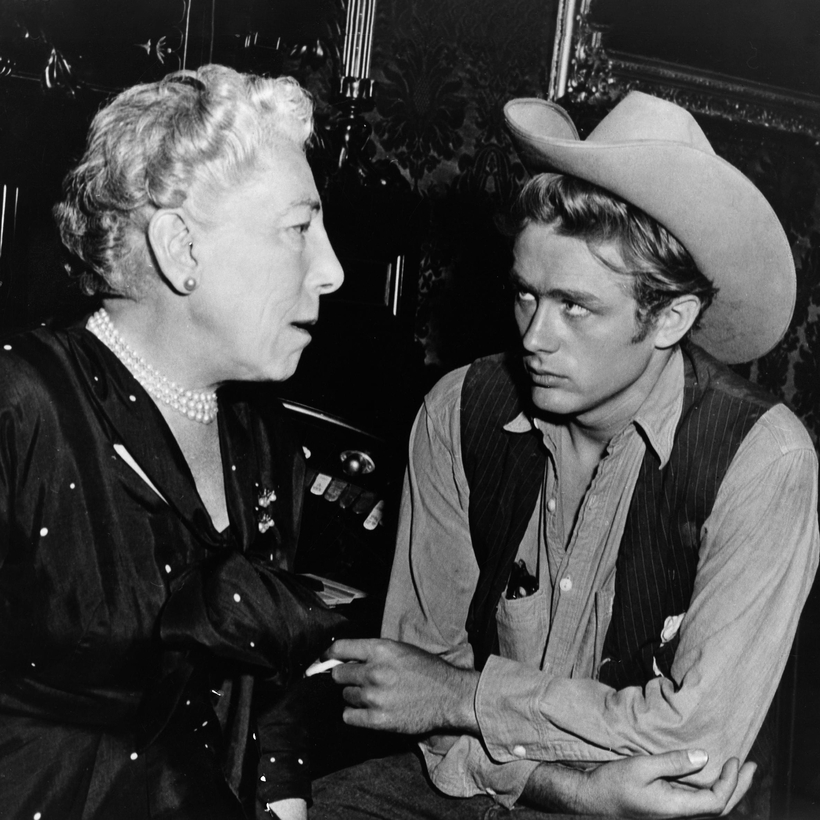Prior to writing a nonfiction book—be it a memoir, a biography, or a series of essays—one should feel pleasantly efficient toward the form and the subject. “Yes, I can do this!” “I have trained.” “I have the proper passion.” “I have something special to say.” There is a very nice, plumped-up sensation before beginning.
When I was contracted by Penguin Random House to write my book about Edna Ferber’s 1952 novel, Giant, and George Stevens’s 1956 classic motion picture of the same name, I was confident, even a touch smug. This was well-worn territory for me.

